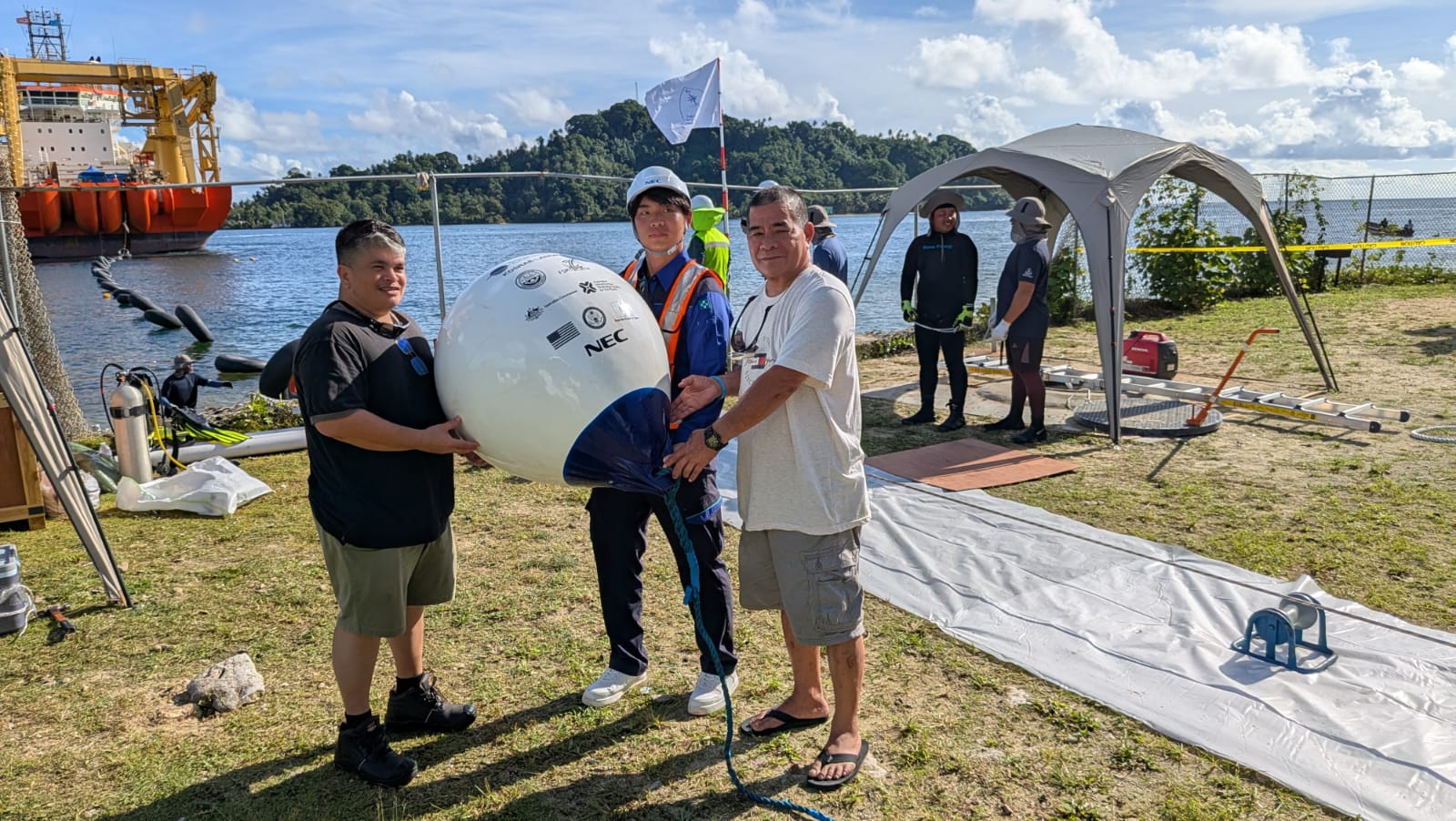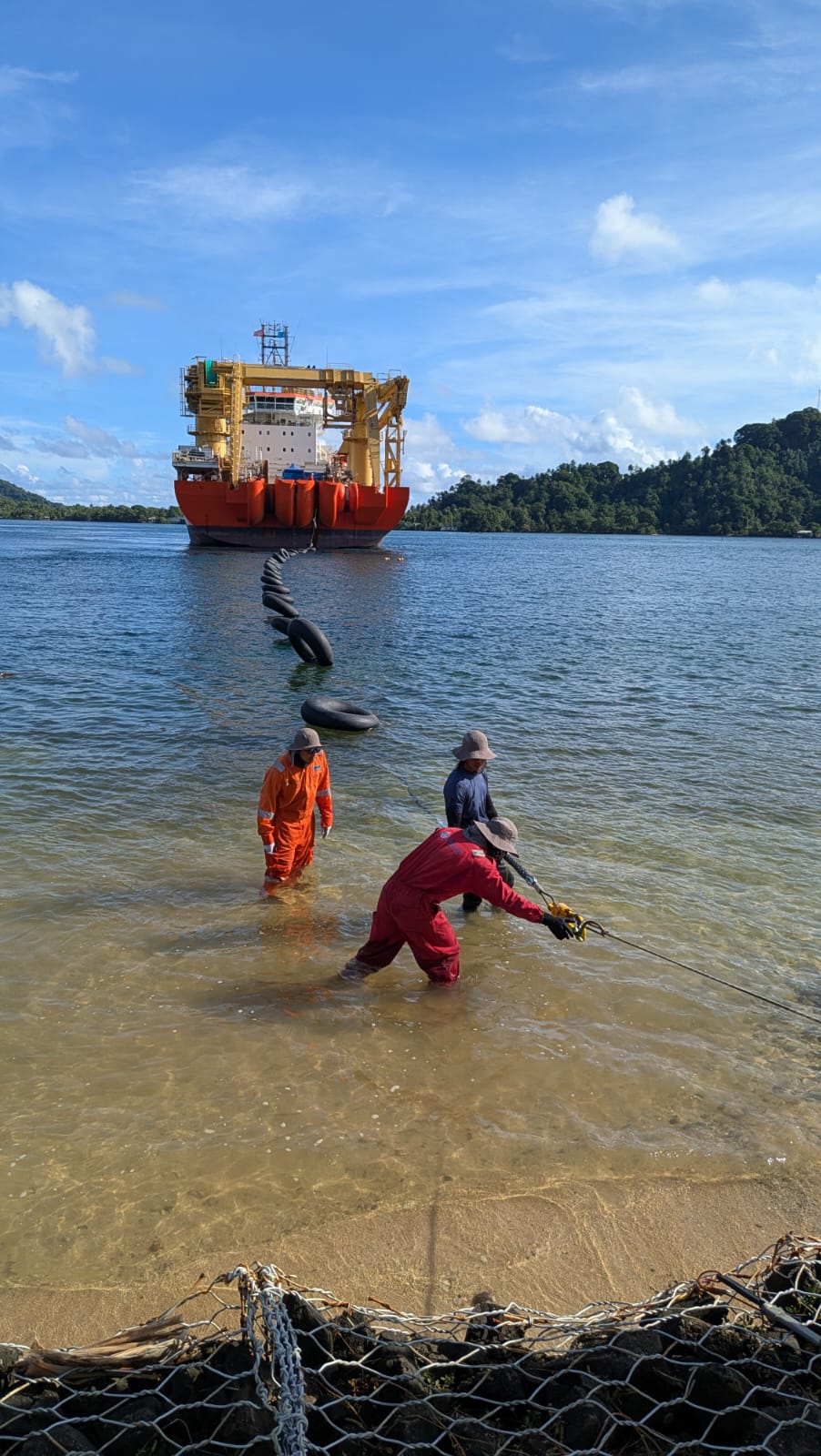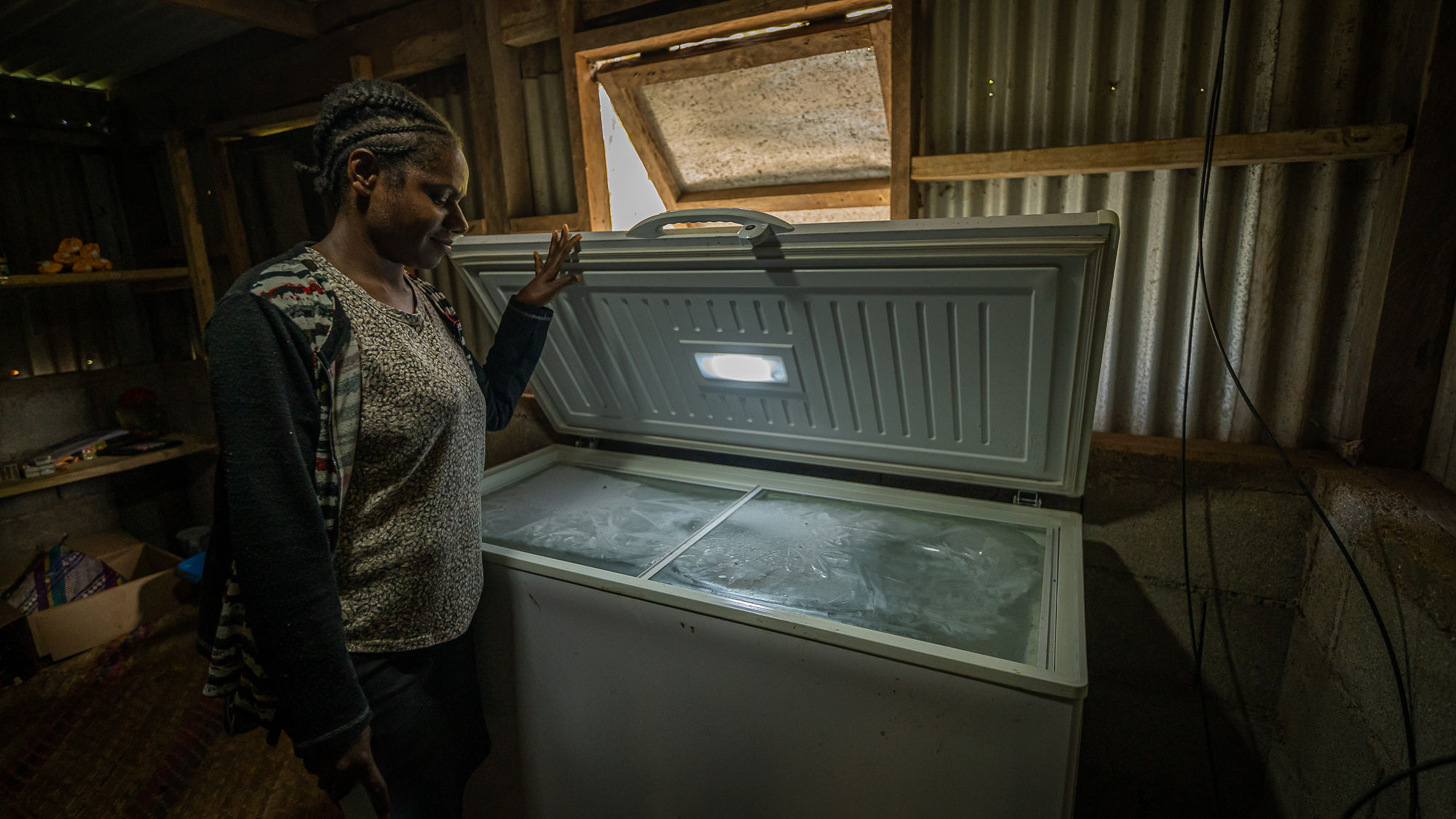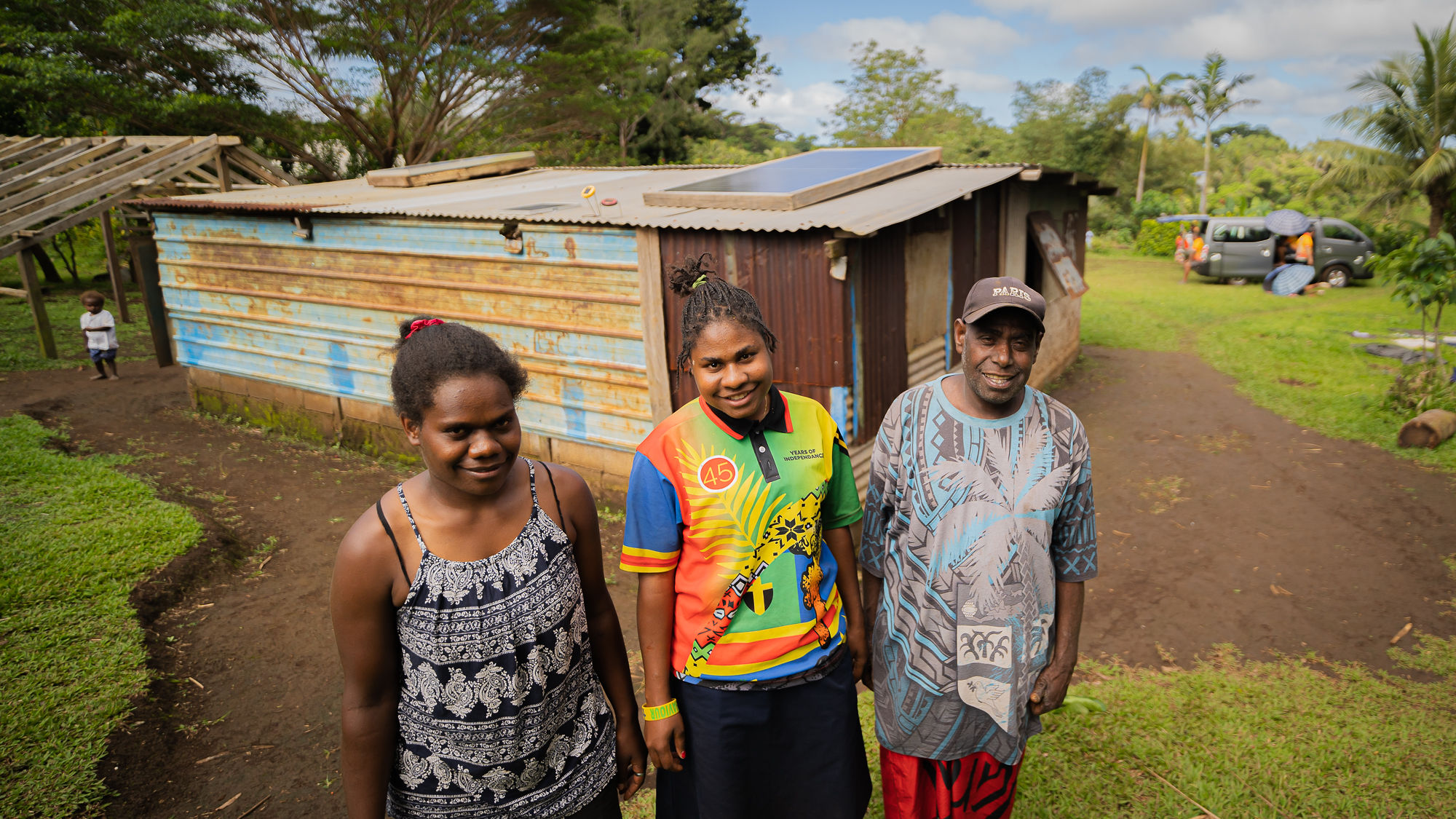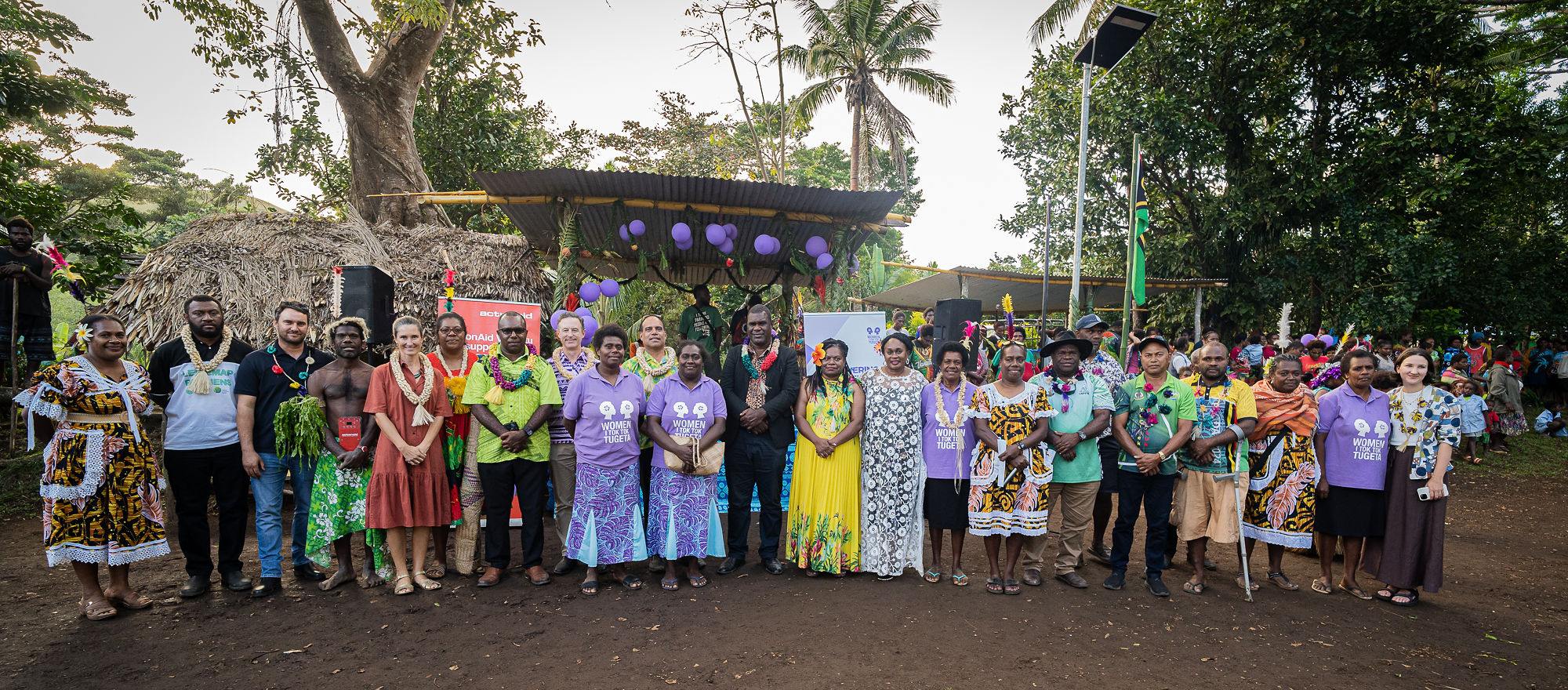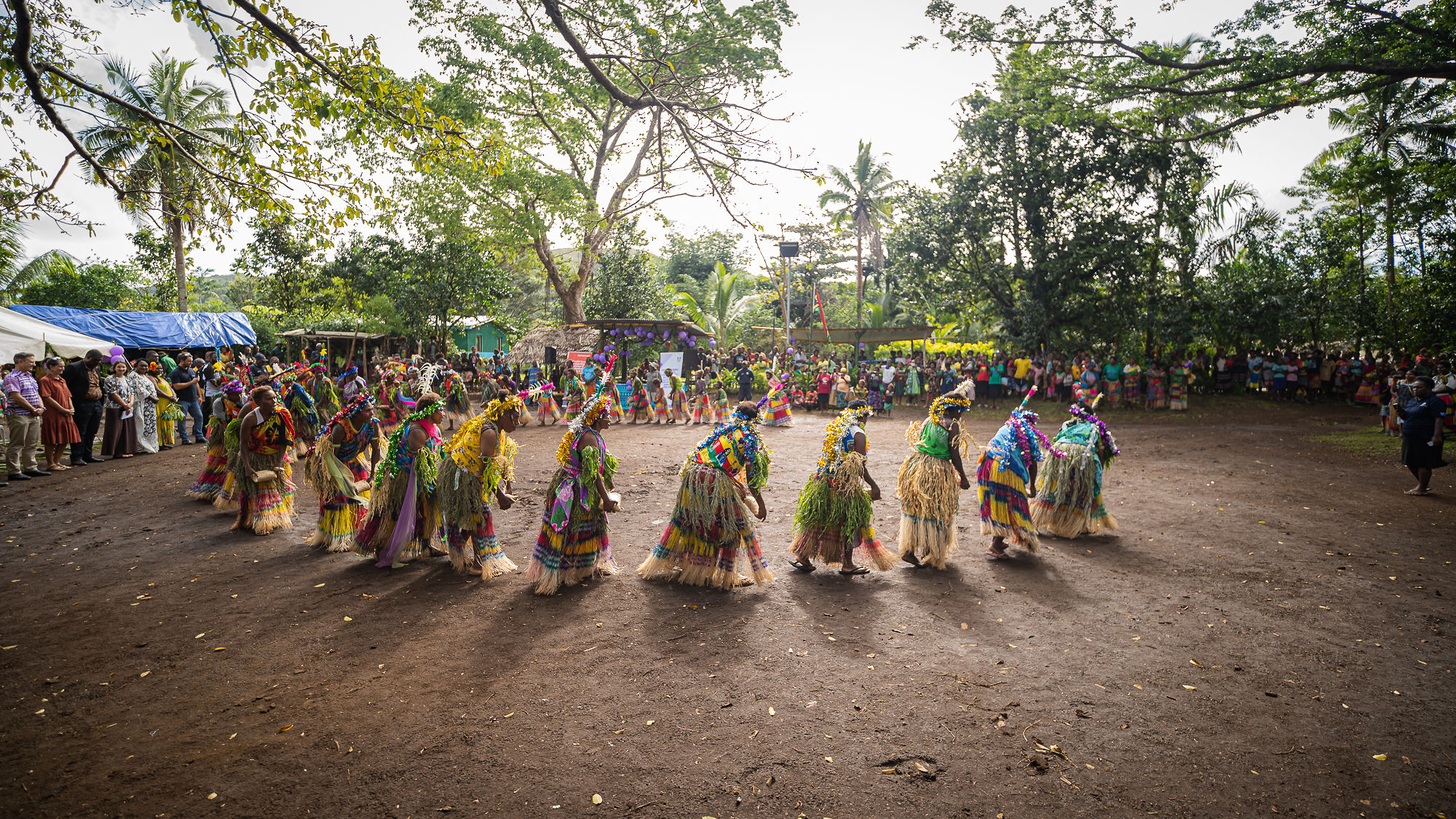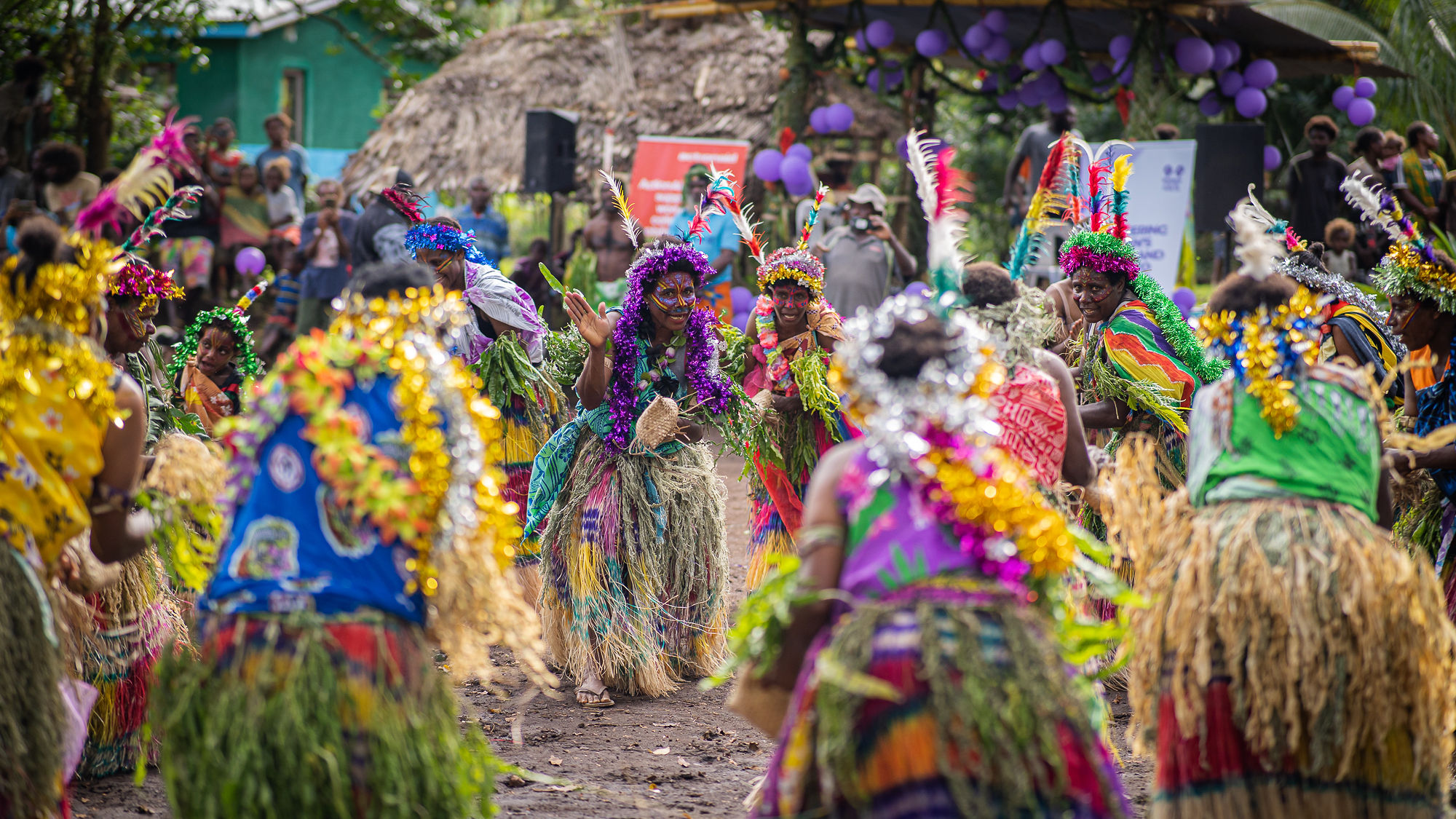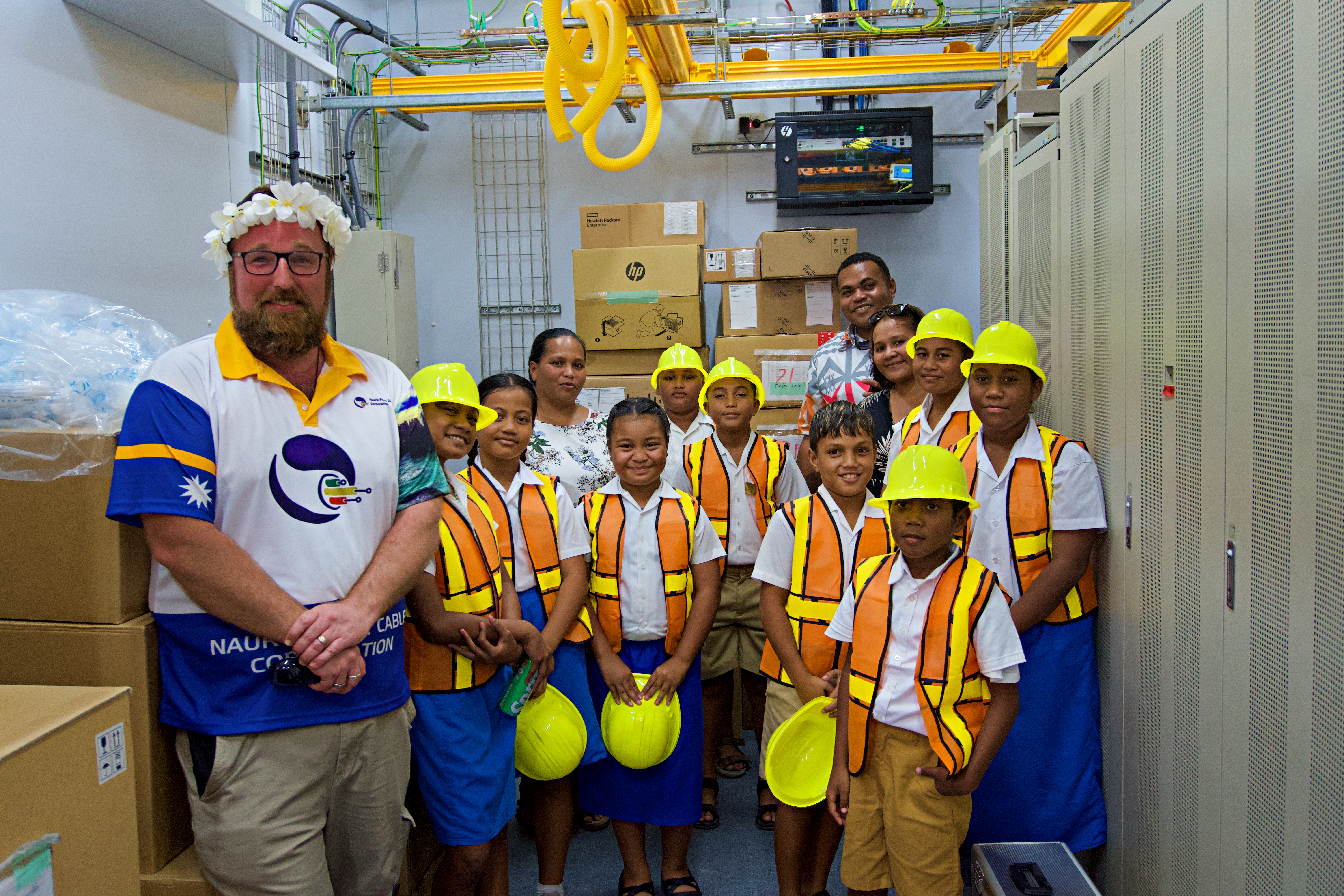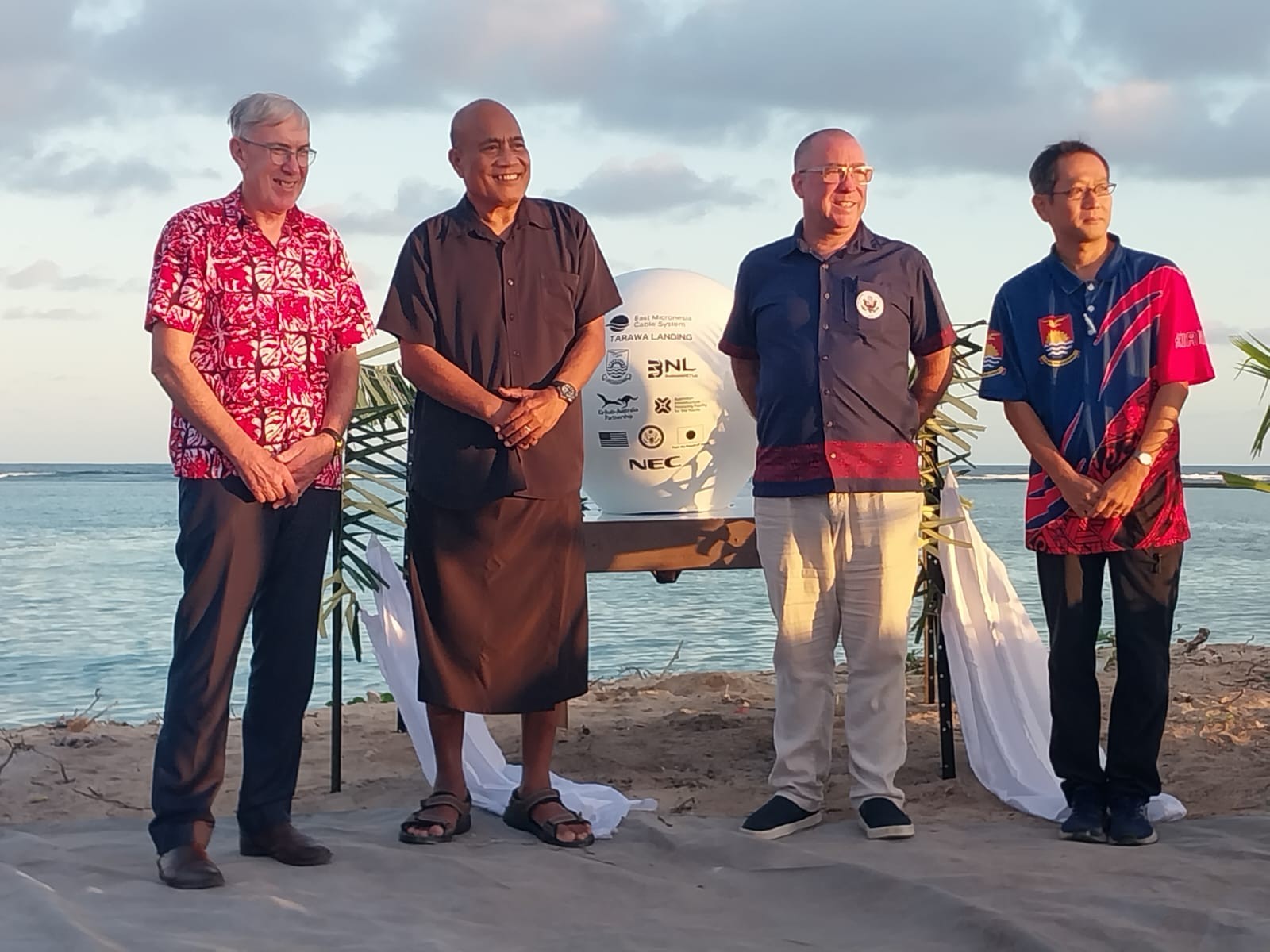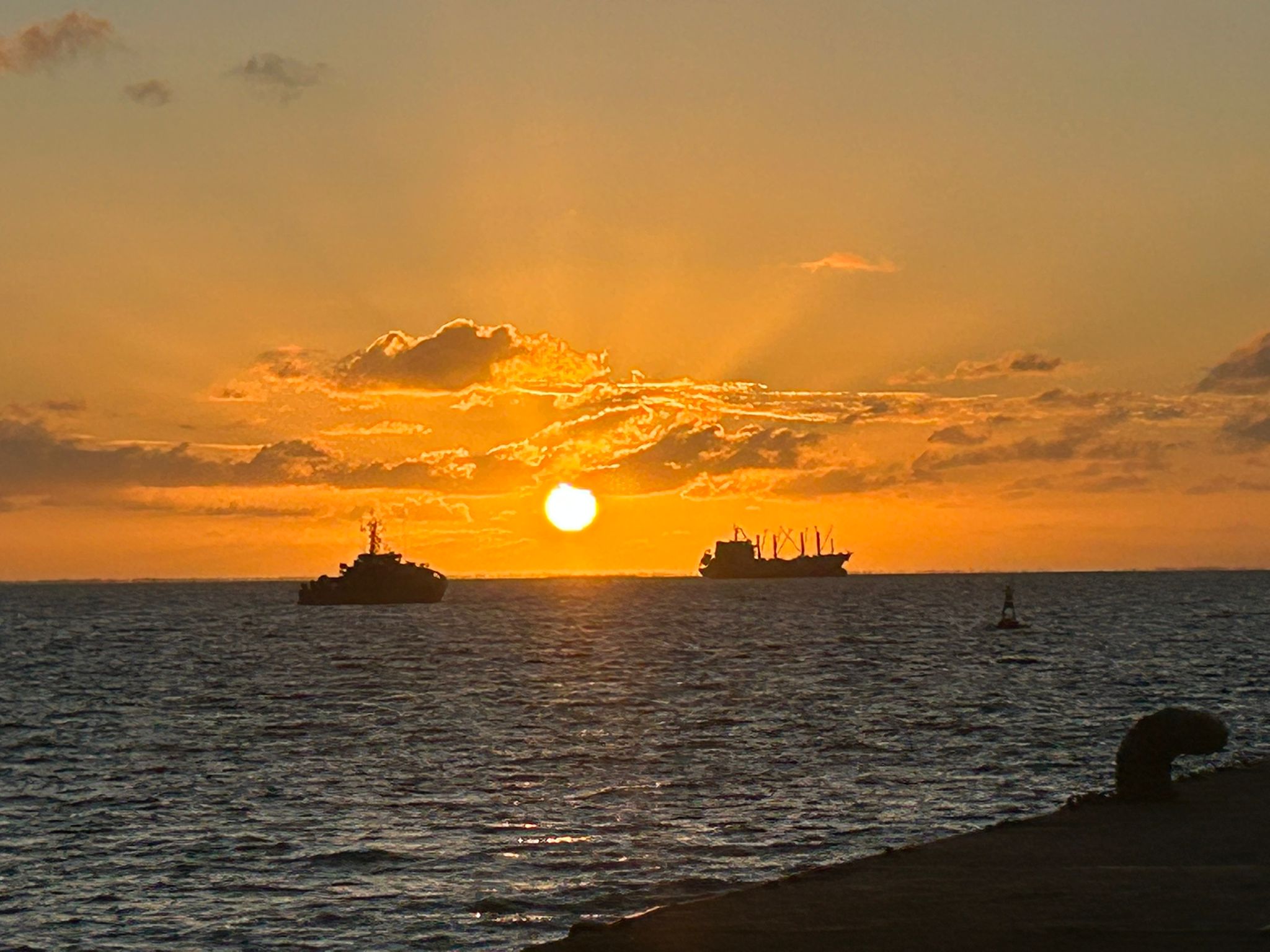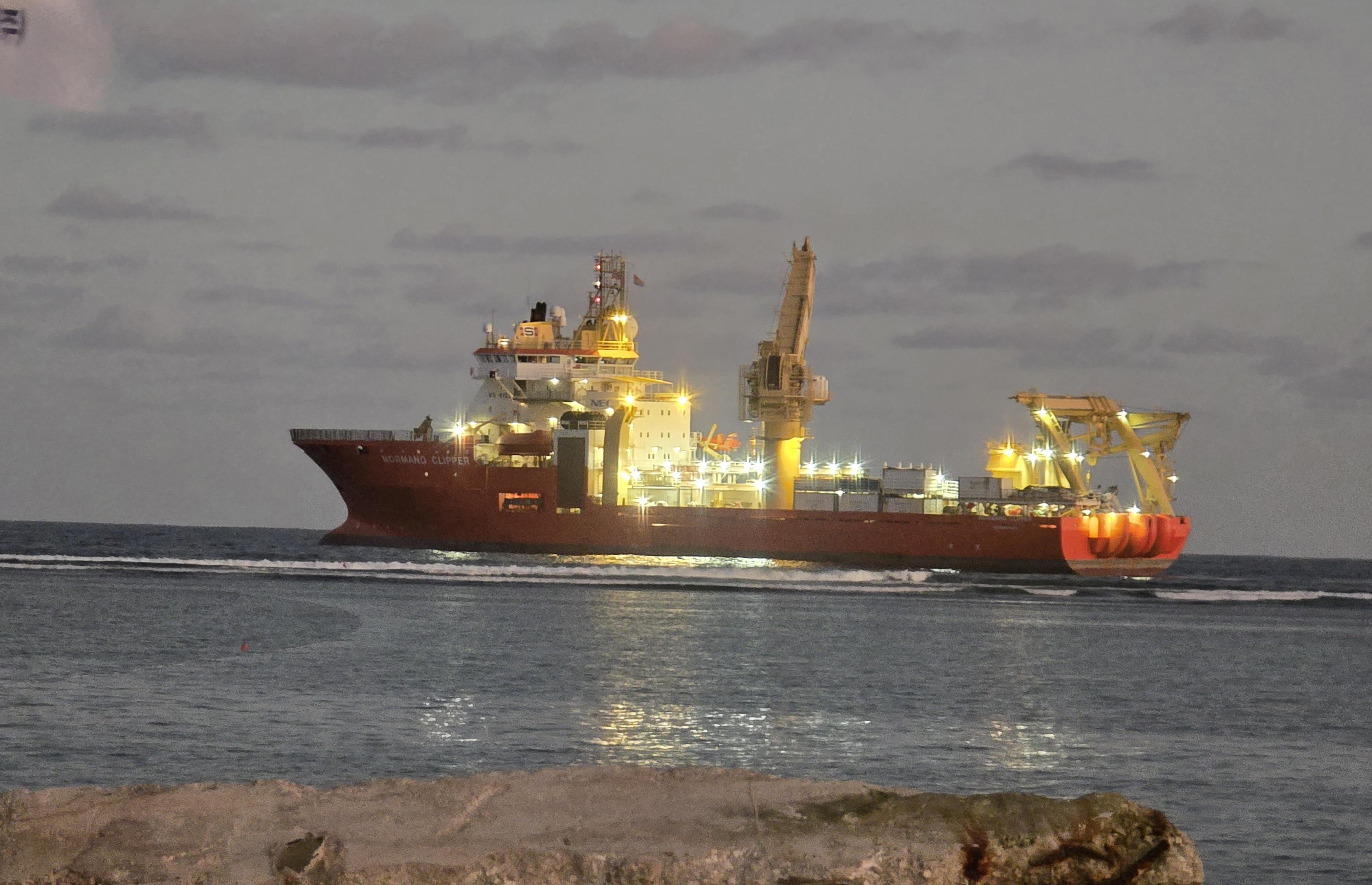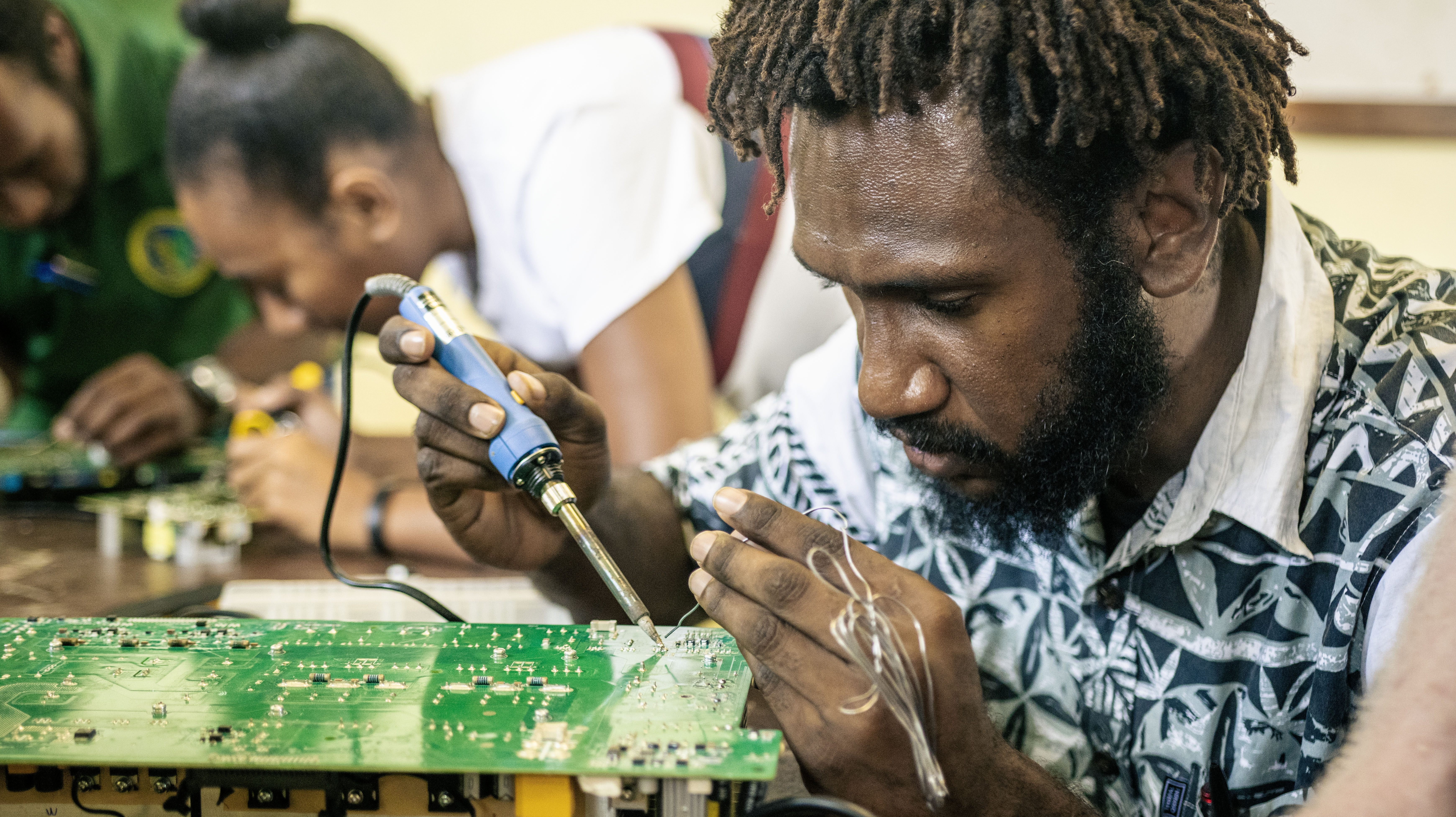19 August 2025
Brisbane Convention and Exhibition Centre
Thank you and can I start by acknowledging the traditional owners of the Brisbane region, the Turrbal and Yuggera people.
I pay my respects to Elders, past, present and emerging.
We are honoured to welcome distinguished leaders from across the Pacific, including Heads of State, Heads of Government, Deputy Prime Ministers, Ministers and senior officials from:
- Palau, Tuvalu, Papua New Guinea, Vanuatu, Cook Islands, Tonga, Fiji,
- Solomon Islands, Nauru, Federated States of Micronesia,
- Republic of Marshall Islands, Niue, New Caledonia, French Polynesia, Kiribati, and the Pacific Islands Forum.
We deeply appreciate your presence and the valuable contributions you bring to this important gathering.
Your engagement reflects a strong commitment to advancing shared priorities across the region.
All protocols observed.
Welcome to the Pacific Infrastructure Conference
Hello everyone.
I'm so pleased that Australia is hosting the Pacific Infrastructure Conference.
It's good to see you in Brisbane. Thanks for travelling to be here.
The Pacific is our home and it's in all our interests to foster a resilient, connected region that enables all our economies to grow and our people to prosper.
Infrastructure plays a key role in this.
When we decide to invest in infrastructure, what we are doing, is imagining a better future.
It enables economic development across a range of sectors by providing ports, aviation links, roads, and digital connections.
It can transform communities by providing access to power, clean water, education and health services. It improves the everyday life of our communities.
Quality and resilient infrastructure also supports us in adapting to climate change.
There are several principles that guide Australia's approach to infrastructure investment.
We provide support that is:
- Based on and responsive to partner priorities
- Climate resilient
- Inclusive in design and promotes high-quality construction
- Transparent in its approach to investment and responsible lending
- And prioritises local leadership, jobs and procurement.
There are four key areas that I want to touch on today and leave you with to think about.
1. The first is how important it is to me that Australia's infrastructure investments in the Pacific are Pacific-led.
Australia listens to the priorities of the Pacific family – and acts on them.
As of June, this year, the Australian Infrastructure Financing Facility for the Pacific has committed almost $2 billion to projects across the Pacific and Timor-Leste.
That's 56 projects in 11 countries.
Australia also supports infrastructure projects through our bilateral programs.
Examples of the breadth and depth of the projects Australia supports include:
- Building multi-purpose sports courts at secondary schools in Kiribati to promote fitness and encourage students to stay in school.
- Supporting the Papua New Guinea Government's work to restore and maintain the Wau Highway, making travel safer and improving remote communities' access to essential services.
- And working with the Government of Tonga and the Asian Development Bank to upgrade the Queen Salote International Wharf – Tonga's main gateway to global trade and essential supplies.
We have heard that the Pacific needs high quality infrastructure that responds to Pacific priorities and is suitable for Pacific conditions.
We are committed to –
- Listening to the Pacific on their priorities, including ensuring projects support local jobs and skills
- Working as a trusted partner, so you can be sure our projects are fit for purpose, high-quality and sustainable.
- Delivering on your priorities.
2. Climate change is also critical
Pacific leaders have declared that climate change is the number one threat to the security of their people, and they are right.
The Australian Government is committed to working to address climate change.
That's why we are also supporting investments in resilient infrastructure and clean energy projects.
And it's why we established the $350 million Pacific Climate Infrastructure Financing Partnership.
This partnership supports countries and communities to adapt to climate change, reduce greenhouse emissions and expand access to clean energy.
Projects range from small scale renewable energy projects for rural and remote communities to much larger investments.
An example of this is a project I visited in Palau a few years ago to establish Palau's solar power plant and battery storage facility.
This project reduces carbon emissions and high fuel costs from diesel generators.
This is one of the largest solar energy projects in the Pacific, backed by Australia.
Recently we provided a further investment to upgrade Palau's electricity network to improve system reliability and allow for greater use of renewable energy, helping to reduce Palau's dependence on imported fossil fuels.
This is just one example of how we are supporting the region's transition to renewable energy and building clean energy industries across the Pacific.
3. Thirdly, we all know that infrastructure projects also create jobs.
I was in Honiara in June, and I announced $11 million contribution to the Solomon Islands National Transport Fund to cover repairs, maintenance and upgrades to key roads.
We understand the impact of deteriorating roads for getting to work, getting produce to market and getting children and family members to school or health services.
Our $11 million contribution will be allocated based on Solomon Island's priorities, and we are making sure all these projects are delivered by local companies.
This will not only support local companies to thrive, it will also create local jobs and provide local income to be spent in Solomon Islands.
We want to draw on local expertise and support Pacific countries to build the skills and experience of their workers.
The AIFFP ensures local benefits by working with partners to set targets or commitments on local content levels in its project contracts.
This is also growing the private sector in Pacific countries, boosting demand for local equipment and services while also developing local capability.
I ask you this, can a development partner be genuine if they don't trust your workers to build your infrastructure?
We want to continue growing local content in the infrastructure projects that we fund.
4. We also want to strengthen connections across the region
Looking ahead, of course, there are a lot of exciting areas in which infrastructure can make transformational changes to Pacific lives.
The world is changing incredibly rapidly and a lot of that is driven by technology.
Technology that can connect our people, our businesses and our countries.
By the end of 2025, all Pacific Island Forum countries will be connected via submarine telecommunication cables.
This is an unprecedented milestone in regional connectivity.
Two cables are due to go live later this year…
…The East Micronesia Cable connecting the Federated States of Micronesia, Kiribati and Nauru.
…and the Tuvalu Vaka Cable.
These cables connect individuals, businesses and communities to each other and the world, unlocking a host of new digital services and economic opportunities, including access to education, healthcare and e-commerce.
Palau Paradise Express extension
Of course, we also strengthen our people to people links and Australia's connection to our neighbours with aviation infrastructure.
It links diaspora communities with family at home and supports economic development by supporting the tourism industry…
That's why:
…We are working with the Government of Timor-Leste to upgrade the International Airport in Dili.
…We are working with the Government of Nauru to upgrade its International Airport.
…And we are working with Airports Fiji to upgrade key airports across Fiji.
As we are here in Brisbane, I'm also reminded of the importance of flight services between our countries.
And I'm really excited to announce that the Albanese Government is extending support for the Palau Paradise Express to continue the non-stop Qantas flights that connects Australia and Palau.
The flights will now extend that great service to Palau for another 12 months, until at least the end of 2026…
…to bring Australia, Palau and other Micronesia states closer together and support economic growth through tourism and two-way trade opportunities.
In the last nine months, over 5000 passengers have travelled on the Paradise Express and over the next year there will be thousands more.
Conclusion
So we know that there is more work to do and there is always room for improvement.
Australia wants to continue partnering with you as a trusted partner for infrastructure projects in the Pacific, with transparent investment to support high quality construction and utilising local labour to create jobs and support the local economy.
We want to work with you to strengthen economic development and regional connectivity…
…You can count on us to finance resilient infrastructure projects that help with the clean energy transition and climate related impacts like cyclones and earthquakes …
…Support Pacific-grown workforces and private sectors.
You can count on us to fund projects that are built by local workers.
And you can count on us to support your infrastructure priorities.
This is about building a future that is shaped and chosen by Pacific communities – the future you want to build.
Thank you for having me here this morning.
I wish you a productive conference and I look forward to hearing more about your discussions.
Thank you all again for coming to Brisbane today.
